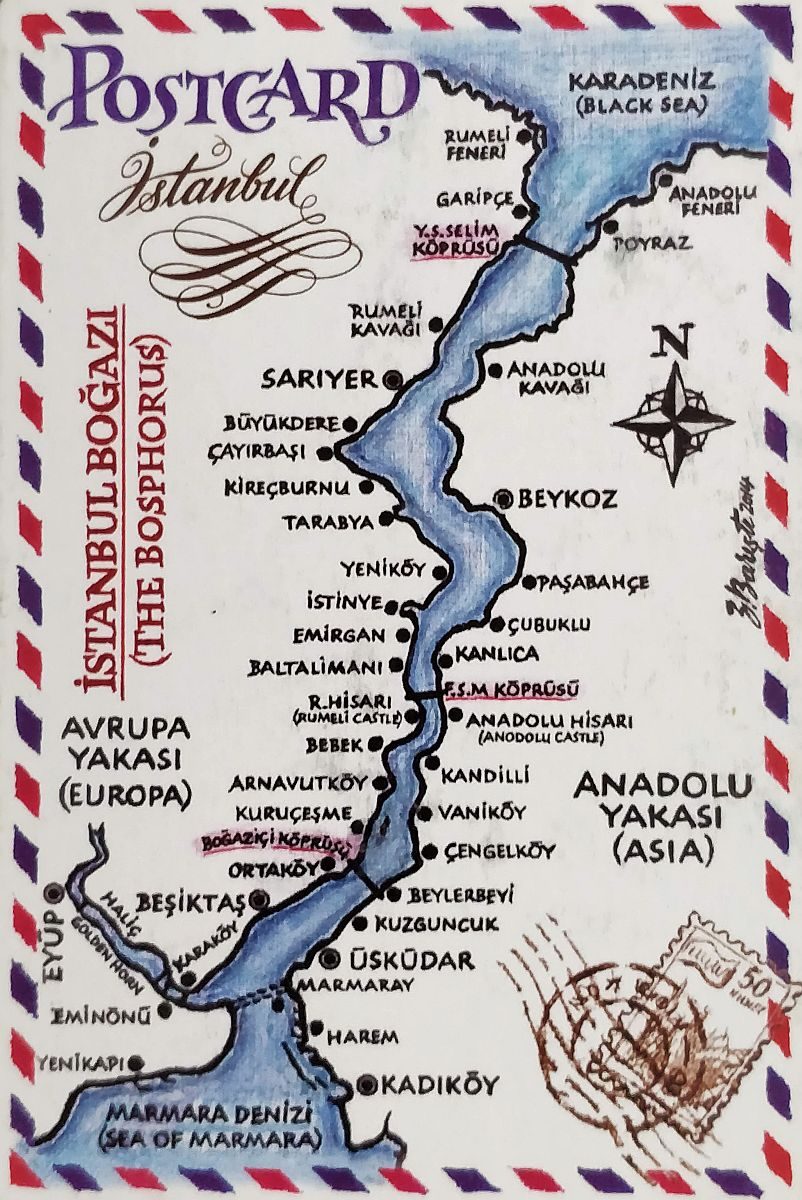Nie wiem, czy wiecie, ale dziś (A.D. 2019) tylko co piąty muzułmanin to Arab, tylko ja nie o tym chciałem… Mimo niesłychanego podobieństwa w brzmieniu araba znaczy po prostu „samochód”. I bardzo mnie boli, jak wiele rzeczy jest podporządkowanych ruchowi kołowemu w Turcji. Chodniki są często nierówne i pozastawiane autami. Pieszy nawet na pasach czy na zielonym świetle powinien mieć się na baczności. Kierowcy w swych głośnych i trąbiących pojazdach rozdają karty. Na szczęście, klaksonu używa się rzadko przeciw przechodniom – raczej aby dać innym kierowcom znać, że się nadjeżdża, albo że jest się pustą taksówką albo dolmuszem, który może kogoś zabrać.
Not sure if you know, but today (A.D. 2019) only every fifth Muslim is an Arab, but it is not what I was about to… Despite the incredible similarity in the sound, araba in Turkish simply means „a car”. And it hurts me greatly how many things are subordinated to automobiles in Turkey. The sidewalks are often uneven and cars park taking their whole width. A pedestrian should be on guard even on zebra crossings or in the green light. Drivers in their loud and honking vehicles give away cards. Fortunately, the horn is rarely used against passers-by – rather to let other drivers know they are coming from behind, or that there is an empty taxi or a dolmush (dolmuş) who can take someone on board.
